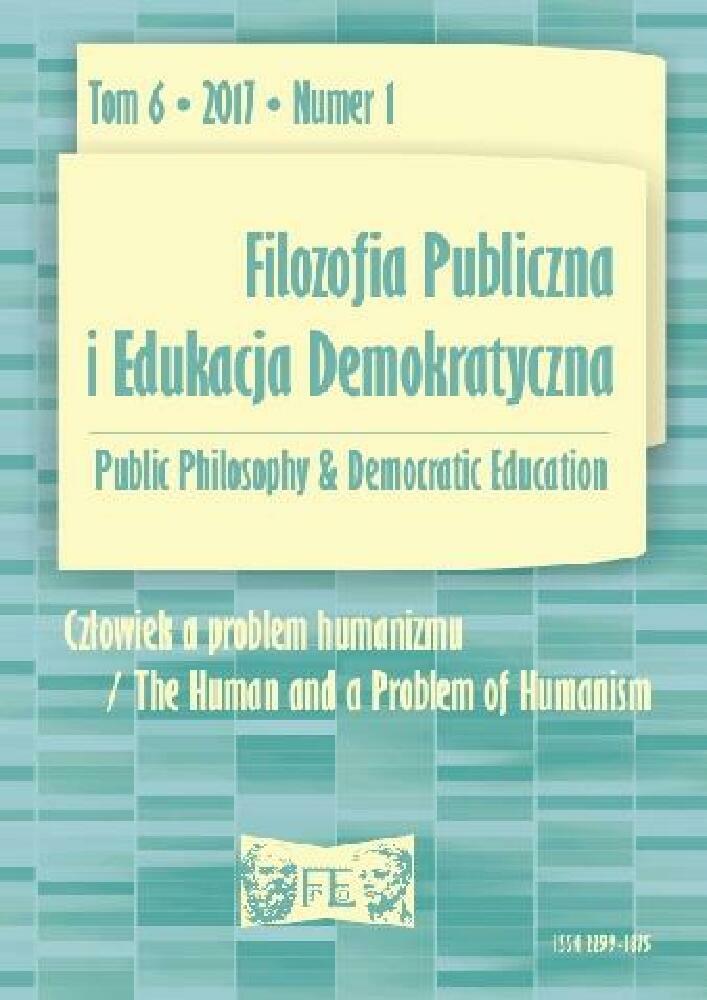Abstract
In the article one considered bases of keeping himself animals in different living standards – during the care over young, in the play, on hunting and at dissolving more difficult problems. One underlined that the conviction about directing himself reflexes and „an instinct”, in the light of many present observations hadappeared inadequate. Animals learn across the imitation and the observation of behaviour both representatives of their own sort as and other sort, eg. the man, and the trial method and errors – „the concrete thinking”. Observations show that there, where this is inadequate to dissolving of the problem, try to keep impromptu logical, similarly if this was made by the man, thinking abstractly. The statement so that with the thought and have the consciousness is not groundless anthropomorphism.
References
Arzt V., Birmelin I. 2001. Takie jak my? Czy zwierzęta mają świadomość, Bertelsmann Media, Warszawa.
Coren S. 2000. How to Speak Dog, Free Press A Division of Simon & Schuster, New York.
Coren S. 2004. How Dogs Think. Understanding the Canine Mind, Psychological Enterprises Ltd., NY.
Droscher V. 1999. Ludzkie oblicze zwierząt, tłum. A. Guzek, Państwowy Instytut Wydawniczy, Warszawa.
Dunbar R. 1996. Kłopoty z nauką, tłum. P. Amsterdamski, Marabut Gdańsk, Warszawa.
Ford B.1997. Czujące istoty, tłum. T. Kaleta, wyd. Amber, Warszawa.
Griffin D. 2004. Umysły zwierząt. Czy zwierzęta mają świadomość?, Gdańskie Wydawnictwo Psychologiczne, Gdańsk.
Hart S. 1966. Mowa zwierząt, tłum. J. Prószyński, Prószyński i S-ka, Warszawa.
Herrnstein R.D. 1985. Riddles of natural classification, [w:] Philosophical Transactions of the Royal Society, (308).
Holland P.C., Straub J.J.1979. Differential effects of two ways of devaluing the unconditioned stimulus after Pavlovian appetitive conditioning, [w:] Journal of Experimental Psychology: Animal Behaviour Processes, N.5.
Lorenz K. 1996. Tak zwane zło, tłum. A. D. Tauszyńska, Państwowy Instytut Wydawniczy, Warszawa.
Lorenz K. 1997. Rozmawiał z bydlętami, ptakami, rybami…, tłum. B. Kowalska, Muza, Warszawa.
Szabuniewicz B. 1981. Symbolika w interkomunikacji u zwierząt, Wszechświat z. 4 (2208).
Tyrakowski W. 1971. Instynkt. O miejsce na Ziemi, Państwowe Zakłady Wydawnictw Szkolnych, Warszawa.
Wickler W. 2001. Biologia dziesięciu przykazań, tłum. J. Gilewicz, Zysk i S-ka, Poznań.
Wilson E. 2000. Socjobiologia, tłum. M. Siemiński, Zysk i S-ka, Poznań.
License
Copyright (c) Authors retain copyright and publishing rights to their articles in this journal, granting the journal the right to distribute them under the terms of the CC BY-NC-ND 4.0
